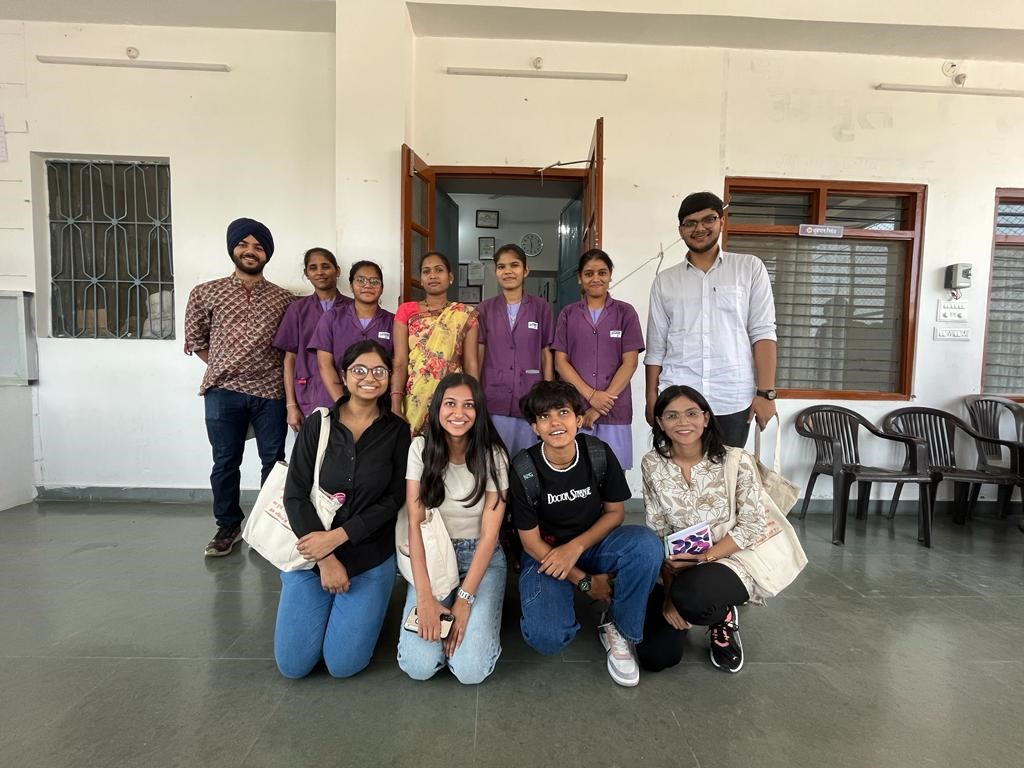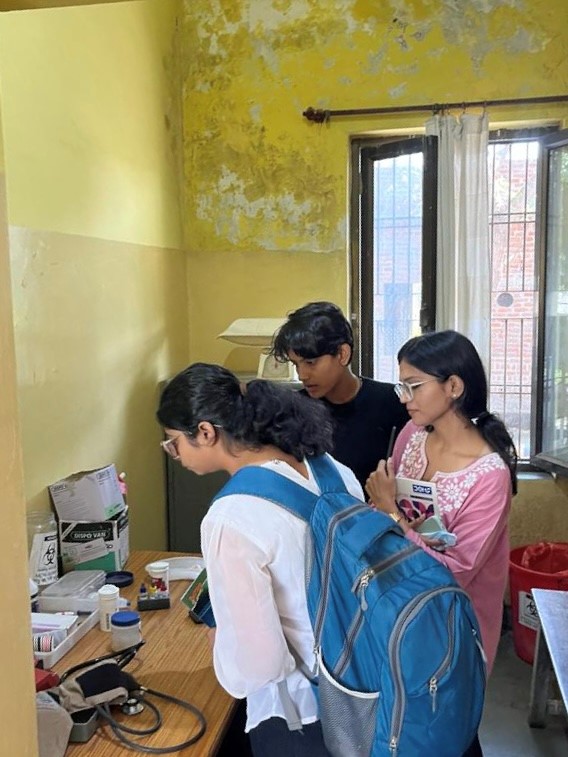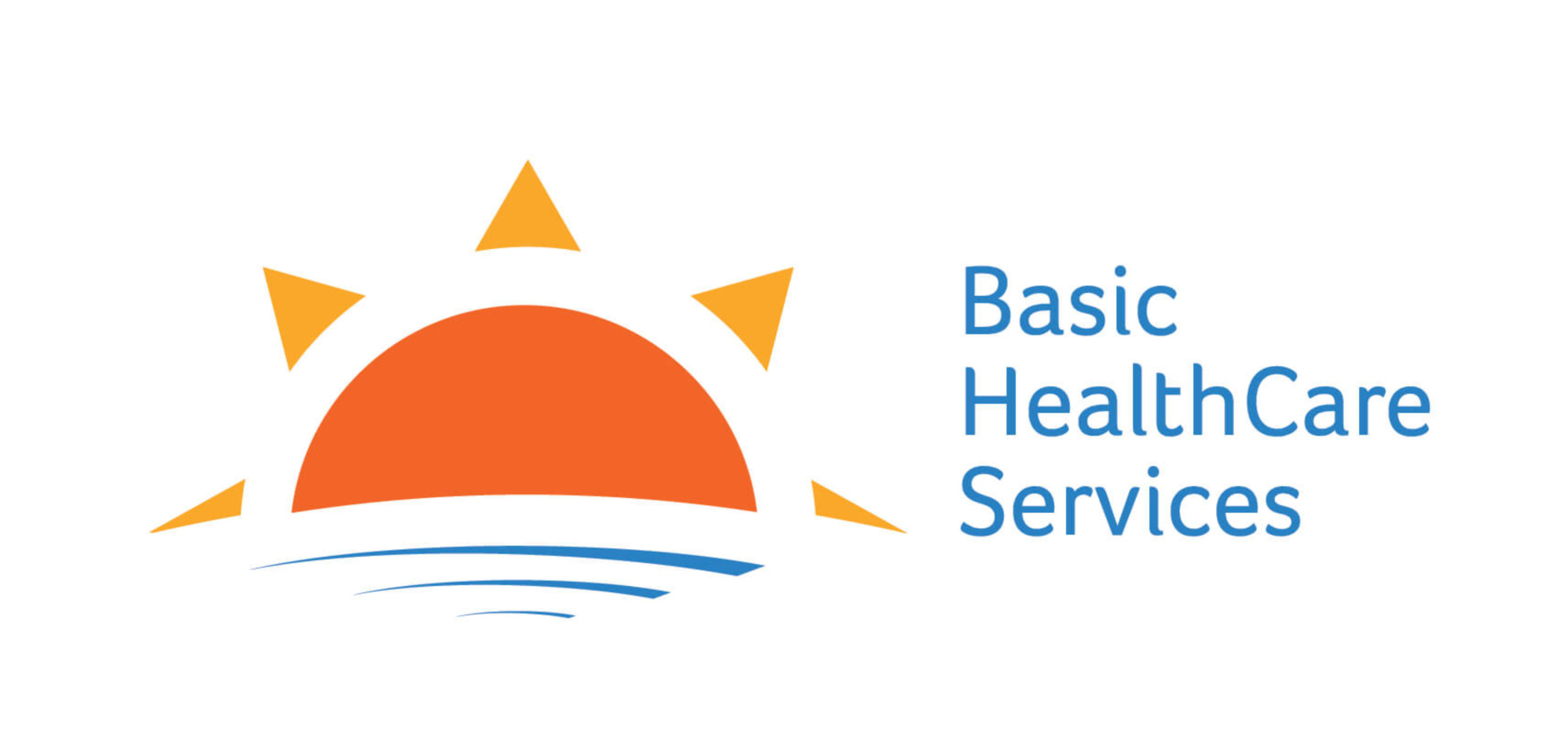The global health policy agenda emphasizes the need to establish universal healthcare for all. From Alma Ata declaration to Sustainable Development Goals, India’s commitment to Health for All has remained undeterred. It essentially means that all individuals should have access to all kinds of quality health services they need, when and where they need them, without any financial hardships. Attaining universal healthcare requires a wide array of things, including comprehensive strategies and consistent policies. Nonetheless, the vital determinant remains the competency and unwavering devotion of the healthcare workforce responsible for managing the health system. As the WHO notes, “adequate investment in health workforce along with availability, accessibility, acceptability, and coverage are essential for overall social and economic development” 
In discussions surrounding the healthcare workforce, it becomes imperative to trace the roots of their education. In our country, medical education largely unfolds within the confines of tertiary care settings located in urban areas. As a result, this educational system often produces medical professionals who are more inclined to practice within similar healthcare settings. Sadly, this inclination perpetuates a situation where primary healthcare services remain out of reach for a substantial portion of the population residing in rural and tribal areas. In the face of the glaring health inequalities that persist, this misalignment between medical education and the actual healthcare needs of the nation stands as a profound challenge.
Recognizing this existing gap and in collaboration with other value-aligned organizations, Basic Healthcare Services organized a three-day Rural Sensitization Program which unfolded from September 30th to October 2nd. BHS welcomed around 21 medical scholars who departed from the ivory towers of their medical colleges and during these three days embarked on a journey into the realities of rural healthcare.
Adhering to the principles of experiential learning, the budding medical professionals spent their days visiting the AMRIT clinics and Phulwaris, engaging in conversations with the healthcare providers, and interacting with the patients both at the clinics and their homes. This immersive break from the lecture halls and clinical rotations provided them with a first-hand understanding of how multiple social determinants of health intersect and influence the well-being of individuals. It also offered them an insight into the delivery of high-quality care within resource-constrained settings, unveiling the myriad challenges inherent in such contexts, alongside glimpses of some innovative solutions to these very barriers.
For many participants, this exposure went beyond medical metrics or clinical data. As few of them remarked, it helped them see that within every patient who walks into a rural health clinic resides a unique narrative – a narrative woven from experiences, fortified by challenges, and illuminated by hopes. And these stories, I believe are the very threads that shape their journey towards wellness and better health. In this context, the program emphasized a crucial aspect of delivering empathetic care that requires listening, understanding and respecting these unique stories.
While I observed the participants reflecting on their experiences and candidly sharing their insights and learnings, I felt a distinct sense of introspection and bafflement in the air. It was as though they were collectively grappling with a multitude of profound questions. Perhaps these questions extended to the very core of their educational foundations, the essence of their future roles as healthcare professionals, the meaning of compassionate care, the values they aimed to embrace as young doctors, and an urge to explore and experiment as they chart out their professional journeys.
As I watched their gratified faces marveling at the resilience of the rural communities in the face of adversity, a cascade of thoughts surfaced in my mind. It is undeniable that despite India’s commitment to achieving universal health by 2030, our nation still grapples with persistent challenges of an underprioritized healthcare system. Numerous policy reforms have been introduced, including those within the realm of medical education. The government’s current medical education strategy largely revolve around creating new medical colleges, enhancing the admission capacity of current institutions, and transforming existing district hospitals into medical colleges[ii]. It’s crucial to ask whether this approach will empower the medical education system to train healthcare professionals capable of providing universal healthcare to all of our citizens.
Undoubtedly, within the walls of a tertiary care institution, these aspiring health professionals will master the intricacies of medical knowledge and clinical skills. However, we must pause to contemplate, whether the equally important values and ethics that are essential in applying those skills are being effectively instilled in them. Are they being trained to deliver compassionate care? Are these young professions being prepared to effectively confront and address contemporary health challenges as well as the emerging ones. These are few of the many questions regarding our present medical education system that need thoughtful exploration.
contemplate, whether the equally important values and ethics that are essential in applying those skills are being effectively instilled in them. Are they being trained to deliver compassionate care? Are these young professions being prepared to effectively confront and address contemporary health challenges as well as the emerging ones. These are few of the many questions regarding our present medical education system that need thoughtful exploration.
From a health policy perspective, it is imperative that our medical education aligns seamlessly with the needs and challenges of the country, and the larger goal of universal healthcare. It must extend beyond the towers of tertiary care, drawing closer to the grassroots were the glaring health inequities persist. The healthcare professionals it produces should possess not only clinical prowess but also a profound understanding of the knowledge, skills, competencies, and values necessary to deliver universal healthcare services to diverse communities. A robust policy directive is essential to ensure that clinical interventions are complemented by a comprehensive public health approach.
Nevertheless, while I advocate for the revaluation of our medical education system, I am heartened by the diligence and optimism I discerned in the eyes of these young doctors. Their unwavering commitment to change gives me faith that transformation is within reach. Initiatives such as rural sensitization programs play a pivotal role in exposing these blossoming healthcare providers to the realities of our healthcare system, nurturing their capacity to become empathetic healthcare providers, and bridging the gaps that persist within our medical education system. In their hands, we find the potential to evolve towards a healthcare system that serves the needs of every individual, transcending backgrounds and geographic locations, ultimately bringing us closer to the collective goal of universal healthcare for all and a just, equitable health system.
Written by Ashmita Gulechha, Research Assistant, Primary Healthcare Initiative, a joint initiative of BHS and IIMU.
